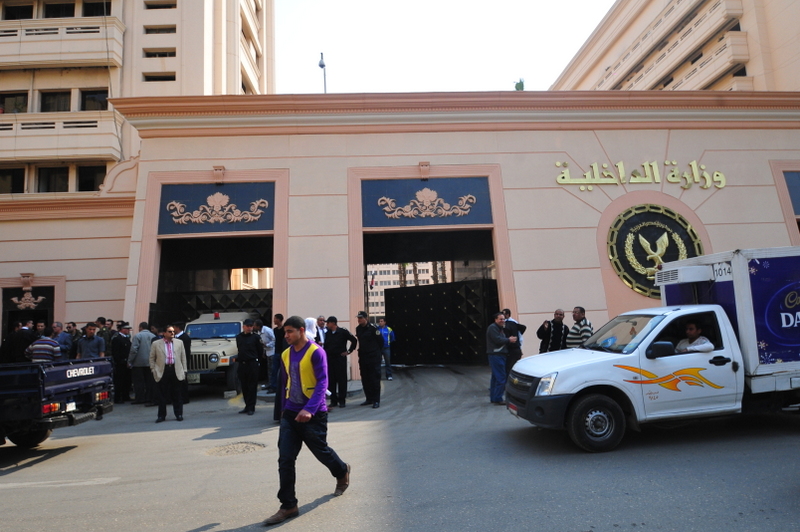CAIRO: Workers from the Nile Cotton Ginning Company Thursday called off a strike they began in protest at the decision of company management not to pay bonuses to which workers claim they are entitled.
Workers ended the strike when they received a promise that a meeting of People’s Assembly representatives from the Gharbeyya governorate and government representatives will be convened to discuss workers’ demands on Aug. 10.
The Nile Company, which was privatized in 1997, has factories in the governorates of Gharbeyya and Minya.
Some 1,000 workers are employed in the Minya factory.
“Workers’ basic pay is between LE 270 and LE 450 per month, a worker from Nile Company’s Mahalla factory, who has been employed there for 22 years and who preferred to remain anonymous, told Daily News Egypt.
“When they privatized the factory we carried on working but we cannot stay silent when they interfere with our basic entitlements, he continued.
Workers say that company management has refused to pay them a 10 percent salary increase laid down in a 2003 law, as well as another seven percent pay increase.
The Masrawy website quotes Nile Company worker Abdallah Mohamed as saying that “this factory used to produce gold, but that’s been turned to ruins by the administration which doesn’t care about anything apart from paying its debts.
Mohamed alleges that the company’s administration is gradually dissembling the cotton ginning machines and using factory assets to take out loans.
He says that this allows banks to take control of these assets, sell them and divide up the land on which the factories are located.
Source in the Mahalla factory confirmed this report.
“The investors who bought the company have no background in cotton and are not interested in it in the first place, he said.
“Their interest is the land on which the factories stand, which is in a prime location and extremely expensive – it can reach between LE 10,000 and LE 15,000 per square meter, he continued.
Pundits allege that the process of privatization and sell-off of the public sector in Egypt, instituted as part of Egypt’s structural readjustment and move to a free market economy in the early 1990s, has been at the expense of workers within the public sector.
